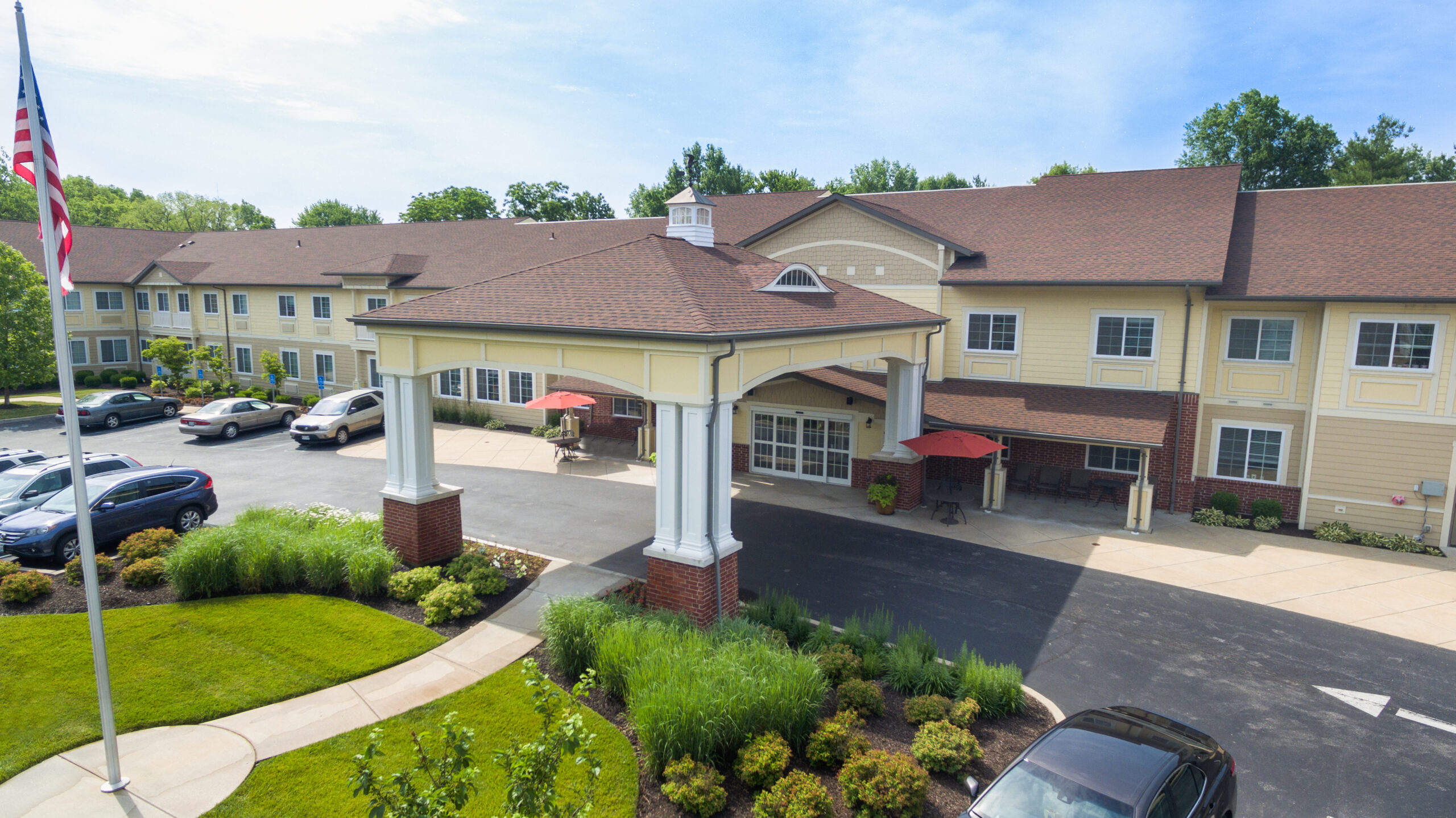Comprehensive Memory Care Programs with Alzheimers Care Charlotte Solutions
Comprehensive Memory Care Programs with Alzheimers Care Charlotte Solutions
Blog Article
Producing a Safe and Supportive Setting for Alzheimer's Treatment
The creation of a encouraging and risk-free setting for individuals with Alzheimer's is extremely important in improving their quality of life. This includes not only physical adjustments within the home, such as minimizing dangers and incorporating familiar components, however additionally the application of organized routines and purposeful activities that provide to their cognitive demands. Recognizing the emotional and mental dimensions of care can dramatically impact their sense of safety and link. Exploring these multifaceted methods can disclose critical insights into efficient caregiving approaches that may transform the everyday experiences of both caregivers and clients.
Comprehending Alzheimer's Requirements
Often, individuals with Alzheimer's disease exhibit a variety of needs that require customized strategies to care. As the problem advances, cognitive decline materializes in various ways, influencing memory, thinking, and also the capability to carry out daily tasks. Caretakers need to acknowledge these developing needs to give proper assistance and guarantee a better of life for those influenced.
One important element of understanding Alzheimer's needs is identifying the relevance of regular and experience. Individuals typically find comfort in established patterns, which can decrease anxiety and complication. Caretakers ought to strive to develop structured daily schedules that incorporate meaningful activities straightened with the person's interests and capacities.
Furthermore, effective communication is vital. Individuals with Alzheimer's might struggle to express themselves or comprehend complicated language. Caretakers need to employ straightforward, clear language, usage non-verbal cues, and practice energetic paying attention to promote understanding and link.
Finally, emotional and social needs can not be overlooked. Providing chances for social communication and maintaining connections can significantly improve psychological well-being. Caregivers need to encourage interaction in area activities or household events, advertising a sense of belonging and purpose. Comprehending these varied needs is necessary for developing a supportive care atmosphere.
Creating a Safe Home
Producing a safe home for people with Alzheimer's disease is essential to lessening dangers and promoting freedom. Make certain that paths are clear and well-lit, as correct illumination lowers disorientation and improves wheelchair.
Integrating adaptive attributes is additionally important. Install grab bars in washrooms and near stairways, and think about using non-slip floor coverings in wet locations. Additionally, making use of different colors for floors and walls can assist in identifying areas, aiding to mitigate confusion.
Experience is essential for people with Alzheimer's. Customizing the environment with familiar items and photos can strengthen a feeling of belonging and protection - Alzheimers Care Charlotte. It is additionally advantageous to have actually an assigned location for daily tasks, such as analysis or crafting, which can give framework to their day
Lastly, executing a protected exterior room allows for safe exploration while getting in touch with nature. By thoughtfully developing the home setting, caretakers can considerably boost the lifestyle for people living with Alzheimer's disease.
Enhancing Communication Skills

Non-verbal interaction, including faces, motions, and touch, plays an essential duty in sharing empathy and understanding. Keeping eye contact and a calm attitude can enhance the convenience level of the individual, promoting a feeling of safety.
Moreover, it is essential to exercise active listening. This involves being completely present, showing persistence, and permitting the individual to reveal themselves without disruption. Repetition may be needed; caretakers need to be prepared to review topics or questions, as people with Alzheimer's may deal with memory recall.
Additionally, making use of visual help or cues, such as pictures or acquainted things, can help with acknowledgment and engagement. Eventually, improving communication abilities is regarding building count on and developing an atmosphere where people feel listened to, valued, and comprehended, thus improving their top quality of life.
Encouraging Social Communication
Promoting purposeful social interactions can greatly improve the well-being of people with Alzheimer's disease. Engaging with others not just assists combat sensations of isolation but additionally promotes cognitive feature and emotional health and wellness. Structured social tasks, such as group crafts, arts and games, or music treatment, develop possibilities for residents to get in touch with peers and caregivers, which can bring about boosted mood and lowered stress and anxiety.
Producing a welcoming environment that urges socializing is essential. This can be attained by preparing communal areas that promote interaction, such as comfy seating locations or task spaces. Additionally, integrating culturally pertinent and acquainted activities can motivate and stimulate memories engagement, permitting individuals with Alzheimer's to really feel more linked to their past experiences.
Moreover, caretakers should be trained to acknowledge and promote social involvement amongst locals. By prioritizing social interaction, we can substantially enhance the lives of those living with Alzheimer's, promoting a sense of community and belonging.
Supporting Caretaker Well-being

To support caretakers, companies ought to provide routine training and instructional resources to boost their understanding of Alzheimer's condition and caregiving strategies. Giving access to break care services permits caregivers to take required breaks, minimizing anxiety and fatigue - Alzheimers Care Charlotte. Furthermore, promoting a neighborhood through support groups can promote emotional sharing and the exchange of sensible guidance amongst caretakers, developing a network of shared assistance
Mental health and wellness resources, such as therapy services, can additionally be vital in addressing the emotional toll caregiving can take. By prioritizing caregiver wellness, we produce a more lasting caregiving atmosphere that not only benefits the caregivers themselves but also improves the overall quality of treatment gotten by people with Alzheimer's. Inevitably, supporting caregivers is web link a necessary component in promoting a compassionate and reliable care setup.
Final Thought
Finally, the development of a secure and encouraging setting for individuals with Alzheimer's is vital to improving their high quality of life. By focusing on safety with thoughtful layout, cultivating emotional well-being with familiar elements, and advertising involvement through structured regimens, caregivers can considerably impact the overall experience of those influenced by this problem. Supporting caretaker well-being is vital, as it ultimately adds to a more thoughtful and reliable treatment setting.
Repeating might be required; caregivers need to be prepared to take another look at concerns or topics, as individuals with Alzheimer's may struggle with memory recall.

Report this page